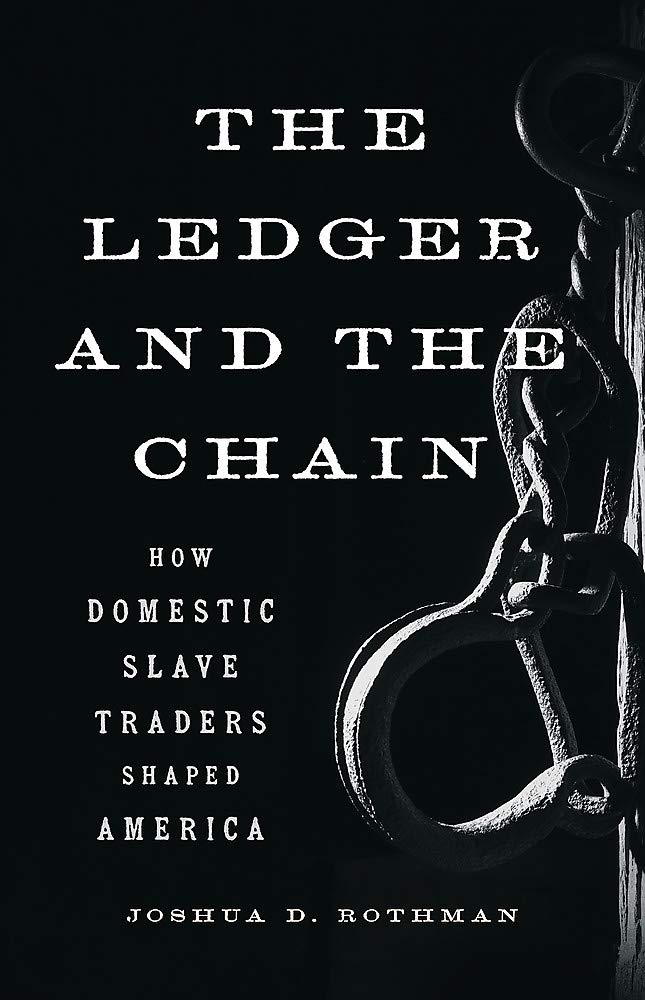
Slavery. Its meaning and repercussions are not abstract in the lives of African Americans, especially for females. From disease to sexual comodification. From hair to music to dance to sexiness.
If you are woman, regardless of what you look like, slavery advertises that you are sexually attractive/available (i.e. the Black woman is yours for the taking if you are White and male, and especially so if you have money).
Regardless of your name, if you are a Black woman, when you are young, you are “sweet thing”. Indeed, you do not have to be fully grown, you could be a nubile teenager, or perhaps even prepubescent in age, no doubt you remain reductively considered a “sweet thing”.
You become Fat, Black, mammy when you are no longer young. These descriptions may sound like exaggerations except if you are gendered female and, to earn a living, you have to work in American businesses and homes. Then the sneering term “sex work” takes on a whole new meaning.
For Black women, damn near any work is also sex work. And if not overtly sexual, it’s guaranteed to be bound up in the physical and psychological tasks of taking care of a male recipient, and especially so if the man is White; as well as emotionally-conflicting so if the man is African American. Like I said, it’s not an exaggeration.
Unsurprisingly, misogyny is the plasma of the American bloodstream, tainting and characterizing the entire of society and social relations. Although misogyny may be un- or under-recognized, both the blatant and subtle hatreds of women are all-American realities. Slavery and misogyny are paternal twins, especially pernicious if you are Black and female.
From 1619 to 1920 women in general, and Black and native women in particular, had no suffrage in regards to their own bodies, literally no political self-determination that was unmediated by laws and mores overwhelming established by White men. (Note that I capitalize “White” because I mean much more than hue. In America to be “White”, particularly when one is also male, means to be on the top shelf of the patriarchal hierarchy of American values and society.)
All of the above, plus more of the above–the myriad of implications and privileges that the patriarchy commands, indeed, demands–all of that goes hand in hand with being a White man. And if you have no idea what all of that means, well, just walk down any American main street, pass (not to mention, inside of) any number and types of business enterprises and concerns. You’ll soon find out how you are viewed and treated when and if you are other than a White male. You and your services are literally for sale, and your physical and psychological presence does not even have to go to and for the highest bidder.
This book, The Ledger and The Chain, breaks down the American way and economic benefits of bondage. The historic aftermaths reverberate even now in the 21st century. Slavery may be legally ended, but the after-effects of human bondage are still very much in partial, if not full, effect.
The story of the capitalization of American wealth is not a pretty picture, not a summer romance, nor even a cinematic adventure tale; Indiana Jones is not going to save the day for you (unless, of course, once again, if you are a White man, and especially so, if you are also fashionably young and handsome; and, not surprisingly, if you are rich, you do not have to be handsome nor young). Money is a cosmetic that can make attractive the most ugly and repellant of people and things.
Moreover, the book is not an abstract economic treatise, the bottom line is clear and easily understandable: there was (is?) a healthy profit to be made in managing the slave trade. After reading this book you will recognize the profitable perfidy of John Armfield, Rice Ballard, and Isaac Franklin, slave traders extraordinaire who grew wealthy on the misery and labor at the heart of the all-American experiment in human bondage. In short, American slavery equaled American wealth.
Many readers of William Somerset Maugham’s 1915 novel and its subsequent notoriety may have thought that Of Human Bondage was simply an elegant turn of phrase to describe the machinations of patriarchy. But in truth, the phrase points to the reality of American slavery in its many manifestations and contortions, some of which continue today, and much of which, although transformed, nevertheless, was and remains legal.
